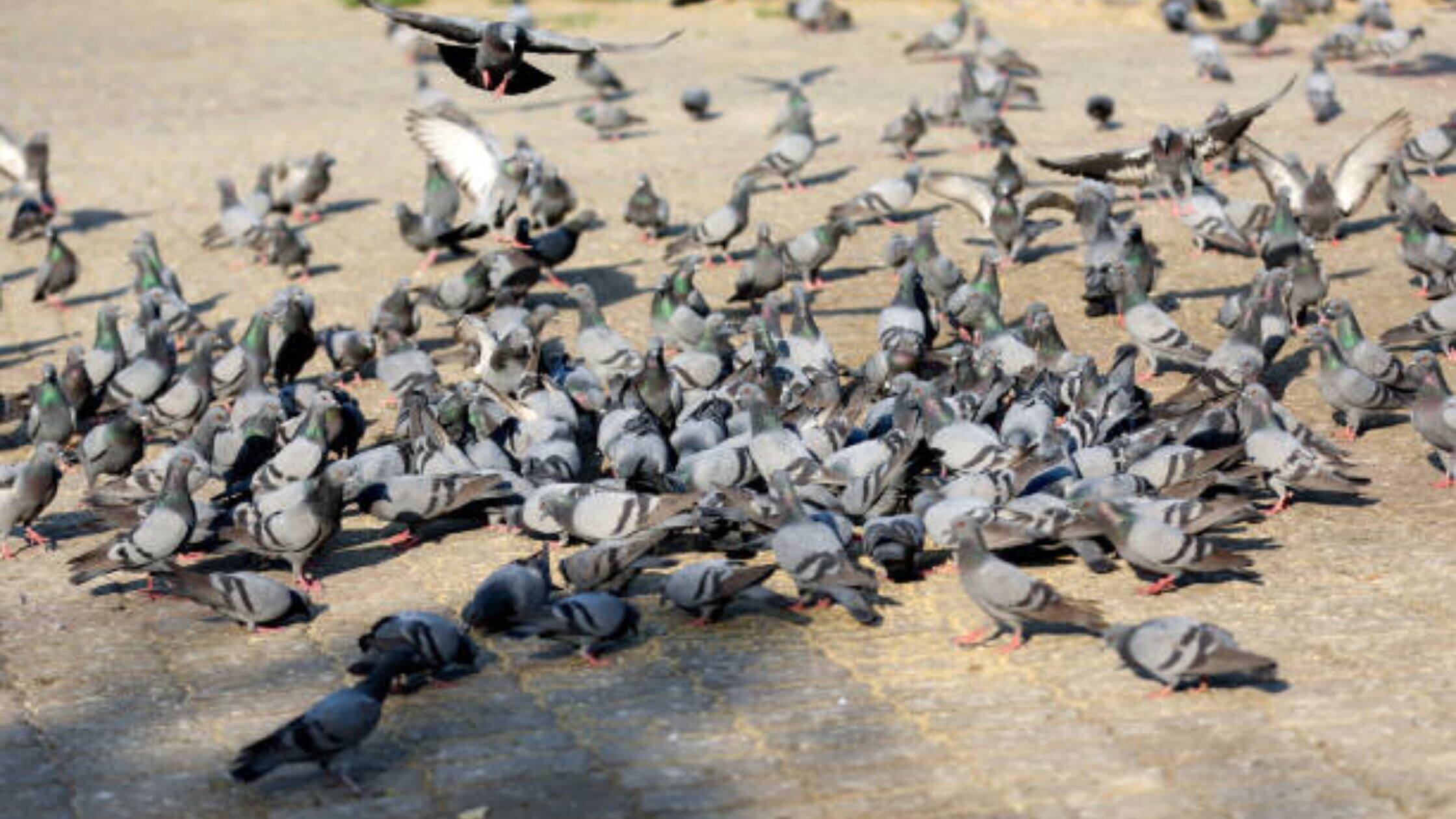
MCD mulls ban on pigeon-feeding spots in Delhi; know why
What's the story
The Municipal Corporation of Delhi (MCD) is considering a proposal to ban pigeon-feeding spots across the city. The move comes amid health concerns over pigeon droppings, which can carry harmful pathogens like Salmonella, E. Coli, and influenza. These pathogens can pose serious health risks, like worsening respiratory conditions such as asthma and triggering severe allergic reactions.
Proposal details
MCD's proposal aims to manage pigeon population density
The MCD's proposal includes surveying existing feeding spots and issuing advisories to discourage the practice. Popular feeding areas include Chandni Chowk, Kashmere Gate, Jama Masjid, and India Gate. Officials stressed that the aim is not to eliminate pigeons but to manage their population density in specific areas to prevent health hazards. "We are not against the presence of pigeons, but the issue arises when they gather in large numbers and their droppings accumulate in specific areas," an MCD official said.
Expert warnings
Health experts highlight risks of pigeon gatherings
Health experts have highlighted the risks posed by large congregations of pigeons. Sir Ganga Ram Hospital's Dr. Ushast Dhir said "when pigeons gather in large numbers, their droppings and feather fluttering create a breeding ground for various pathogens, particularly fungal spores like cryptococci." Breathing in these spores can cause severe respiratory problems, including hypersensitivity pneumonitis and severe fungal pneumonia, particularly in high-risk patients like diabetics/transplant patients.
Health impact
Rise in health cases linked to pigeon exposure
Dr. Meet Ghonia from the National Institute of TB and Respiratory Diseases also noted a rise in health cases due to pigeon exposure. He explained that "pigeons can lead to hypersensitivity pneumonitis, which may cause subsequent inflammation and fibrosis of healthy lungs in normal individuals." He cautioned that symptoms worsen with continued exposure and could become fatal if not addressed early.